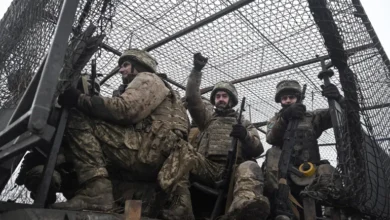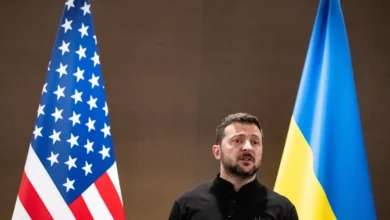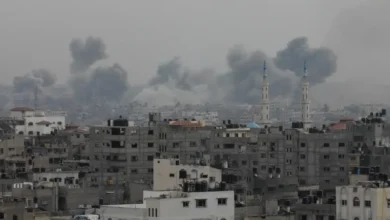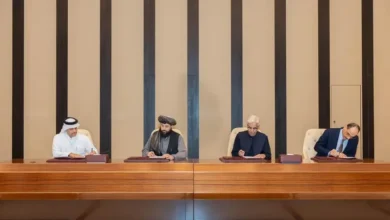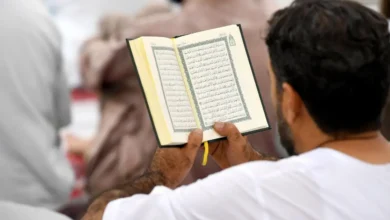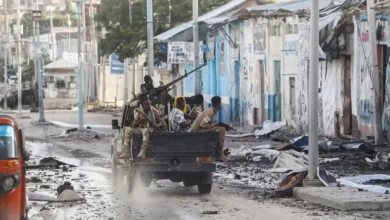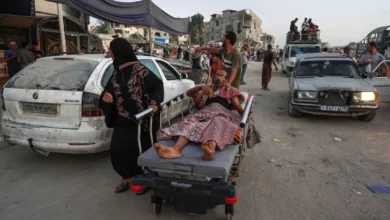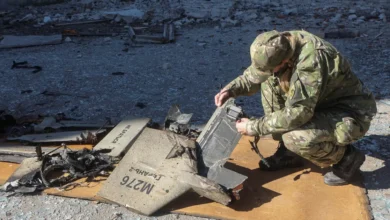Gaza’s Christians refuse to abandon churches before Israeli attack
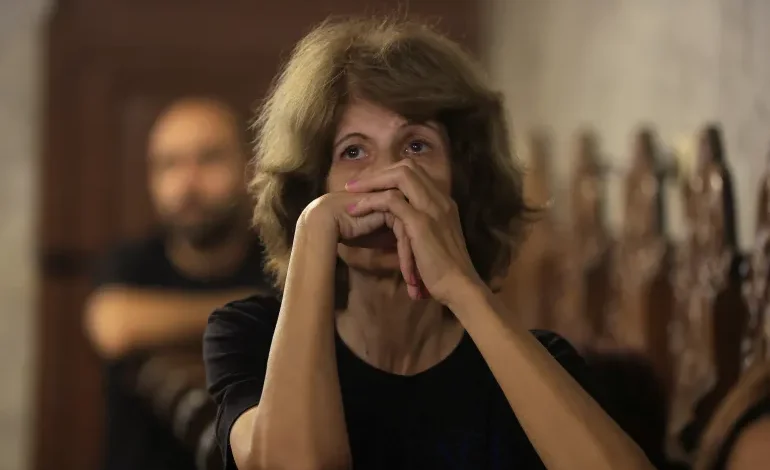
In the Holy Family Church in Gaza City, Fouad Abu Youssef, 34, wears a tattered, worn-out shirt as he sifts through a heap of salvaged clothes, remnants of what had been his home, hoping to find a change of clothes for his five-year-old daughter, Layla.
In the past two years of Israel’s war on Gaza, Fouad, a member of Gaza’s small Christian minority, has buried his sister after an air strike and seen his own home and his family’s house in Gaza City’s Tal al-Hawa neighbourhood collapse. Conditions grew so dire that Fouad, his elderly parents and five siblings with their families were forced to live in a nearby cemetery before finally finding refuge in the church.For more than a year, the Abu Youssef family has lived within the church’s quarters in the Zeitoun neighbourhood. They survived a close call with death when an Israeli tank shell struck the church in July, killing three people and wounding several others. And now, after Israel declared it was preparing for a major assault on Gaza City and called it a “dangerous combat zone” last week, the family cannot help but fear losing the roof over their heads once more and going back onto the streets, where it is even more dangerous.
Although the Holy Family Church was not placed by Israel in the zones marked for expulsions, the other churches in Gaza City, including the Greek Orthodox Church of Saint Porphyrius and the Anglican St Philip’s Church, were. But the nearly 550 displaced people sheltering in the Holy Family Church still mistrust the Israeli military. The church has been attacked so many times before – despite Israeli guarantees that it does not target places of worship.Most of the people there, including Fouad, are refusing to leave, even if Israel orders them to evacuate in the next few days. This sentiment is shared in the other churches, where the majority of occupants have decided to stay despite being told by Israel to move south.
Leaders of Gaza’s Christian community said in a joint statement released on August 26 that the forced displacement would amount to “nothing less than a death sentence”.
“Among those who have sought shelter within the walls of the compounds, many are weakened and malnourished due to the hardships of the last months,” the patriarchs wrote. “For this reason, the clergy and nuns have decided to remain and continue to care for all those who will be in the compounds.”

